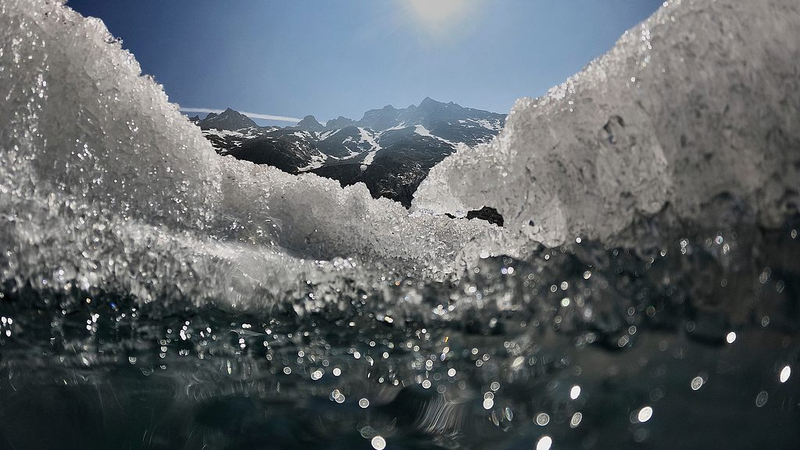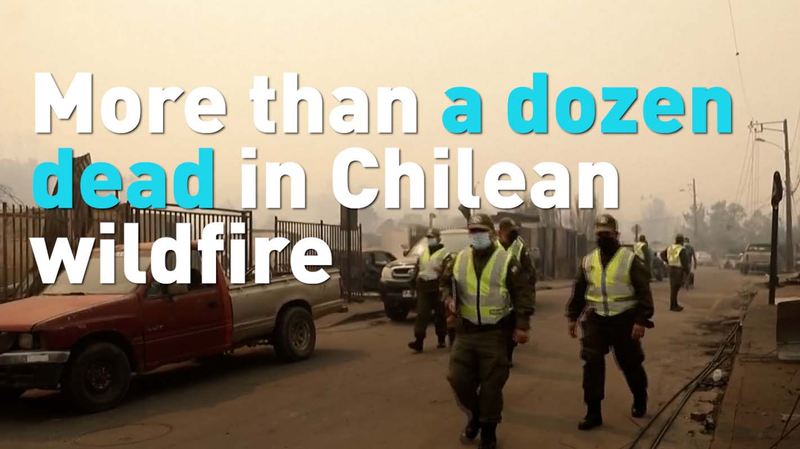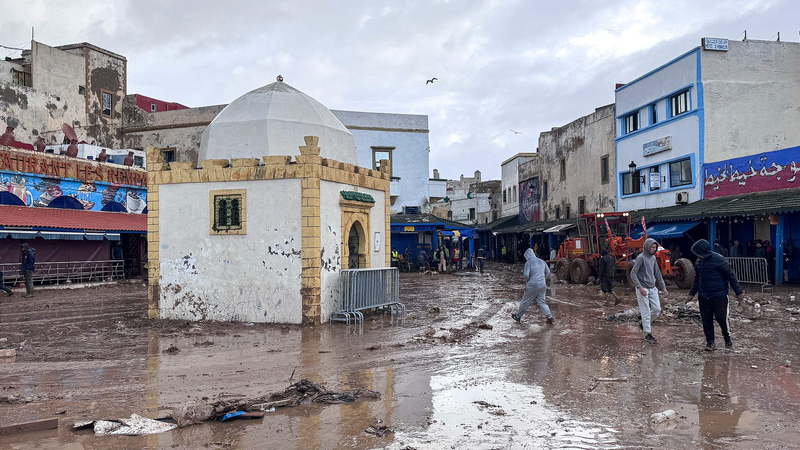Swiss glaciers are facing a rapid retreat after a winter of scant snowfall and record-breaking heatwaves. A new report by GLAMOS and the Swiss Commission for Cryosphere Observation reveals that Swiss glaciers lost 3% of their ice mass over the past 12 months—their fourth-largest annual decline on record.
In the northeastern part of the Swiss Alps, snow cover fell well below average, leaving glaciers more exposed to rising temperatures. When June heatwaves swept through the region, with several days above 30°C at lower altitudes, even high-altitude ice could not withstand the stress, accelerating melt across the valley system.
"This is really a lot," says Matthias Huss, director of GLAMOS. His team tracks glacial changes on a hydrological year basis, from October to September, linking snowpack data, temperature records, and satellite observations to paint a full picture of glacier health.
Data-driven insights show that since 2000, Swiss glaciers have lost almost 20% of their volume. If current trends persist, researchers warn, iconic ice formations that have stood for millennia could vanish within decades. This loss threatens freshwater supplies for communities and ecosystems downstream.
For young global citizens, business leaders, and change-makers, these findings underscore the real-world impact of climate shifts. As digital nomads and travelers, witnessing these transformations in the Alps highlights the importance of sustainable travel and personal carbon footprints.
What can be done? Experts call for accelerated renewable energy adoption and stronger climate policies at both national and international levels. Meanwhile, visitors to Switzerland are urged to minimize their environmental impact by choosing eco-friendly options and supporting conservation projects.
Glacier melt may seem distant, but the ripple effects—in energy, water security, and tourism—hit home for anyone who treasures our planet27s landscapes. Keeping an eye on glacier health reminds us why the global community must act now.
Reference(s):
Swiss glaciers melt sharply after light snowfall and heatwave
cgtn.com




